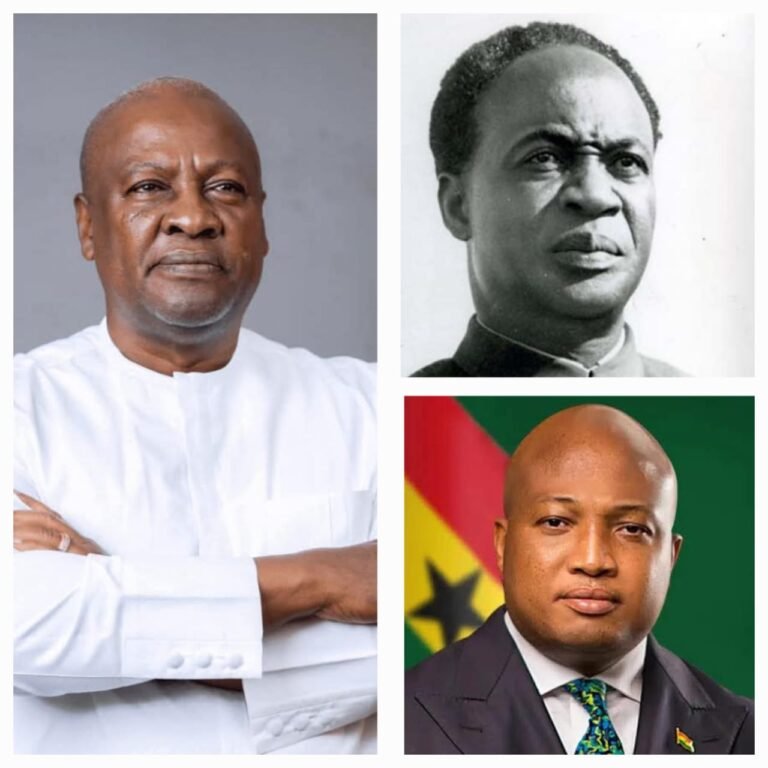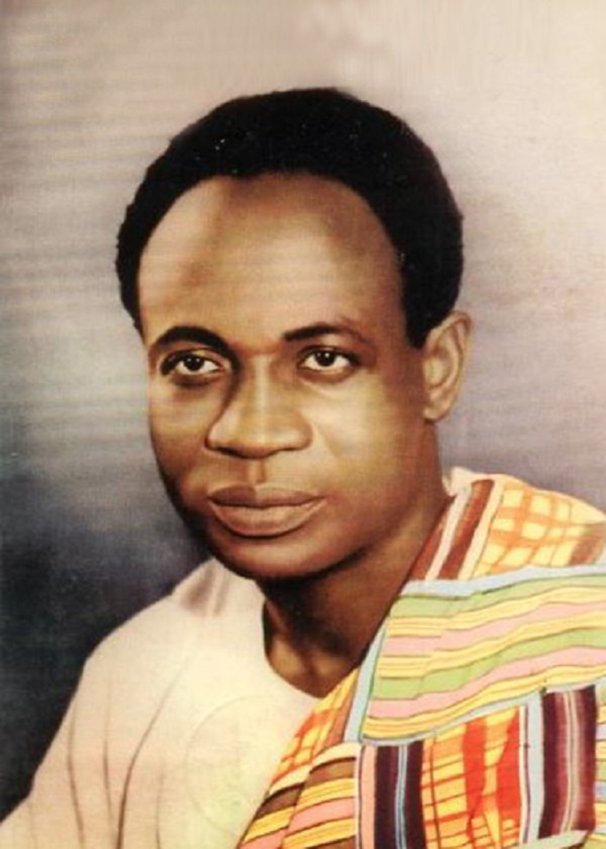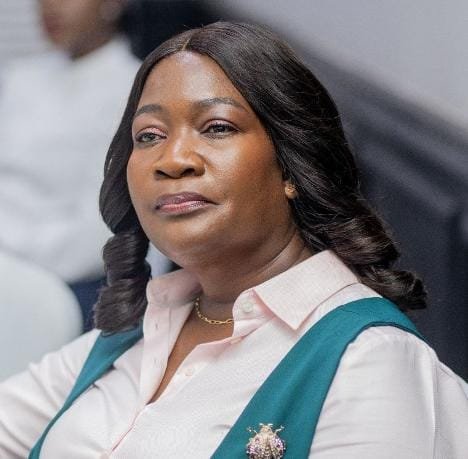
The writer
The global economic crunch, which has had a debilitating impact on countries across the globe, has never spared Ghana.
For the past couple of months, beginning from January this year, many countries have suffered extremely high inflation.
In Ghana, prices of food and other basic items have escalated in many folds. Inflation rate in the country which began the year 2022 as 13.9% in January, currently stands at 40.4% as at October.
The crises have reached an alarming proportion to the extent that almost all the drivers and indicators of the economy have exacerbated.
Crude oil prices, though now trade around $80 a barrel, shot up to more than $100 about four months. This, coupled with depreciation of the Ghana cedi and worsening exchange rates, catapulted fuel prices to levels that have resulted in high transport fares.
Complaints
The Ghanaian populace have complained about the untold hardships being experienced, and have wondered when and how Ghana could get out of the present economic quagmire in order to bring some relief to the citizenry.
While some have blamed the conundrum on poor management of the economy by the current government, others think the crisis has resulted from external shocks.
To get into the insight for better appreciation of the problem, the Danquah Institute, last week, organised a forum to delve into the nuances of the situation.
Experts made up of economists, policy advisors, financial analysts, social protection activists, among others, were drawn from various institutions to interrogate the economic challenges being encountered in the country.
The panelists spoke to various variables and indicators of the Ghanaian economy, and proffered expert solutions that, in their view, can help stabilise the economy and engender sustainable economic growth.
Experts opinion
Dr. Adu Sarkodie, of the Department of Economics at the University of Ghana, spoke about fiscal consolidation. He asserted that the gap between government expenditure and revenue should be narrowed in order to have a positive outcome.
This, according to him, will generate enough revenue to run the country. He bemoaned a low growth in gross domestic product(GDP) which has characterised the Ghanaian economy for many years.
Dr. Sarkodie made it clear that a real GDP growth rate of 5% to 10% can help bring sustainable economic growth to Ghana. He stated that the managers of the economy should grow GDP in order to get tax revenues.
He singled out the extractive and the telecommunications sectors as some of the areas government can rely to make more revenue.
Dr. Sarkodie also posited that there is no need for government to cut down expenditure. Rather, wastage in the system should be cut. If you spend, you raise tax revenue.
The same people should not be overburdened with taxes; other innovative ways should be found to diversify tax so as to get more people into the net.
Additionally, he advises against tax exemptions especially for the multinationals.
Interventions
When she took her turn, Dr. Ama Boafo Atta walked participants through social policy interventions. According to her, the vulnerable in society need to be protected during crisis period.
The government should put in place supporting systems to help absorb the shocks on the poor and the vulnerable. She lauded programmes like National Health Insurance Scheme(NHIS), Livelihood Empowerment Against Poverty(LEAP), Capitation grant for basic schools among others.
She called for proper monitoring of these social intervention programmes to sustain them. She suggested the training and education of people to understand the nitty gritties of the crises they are going through.
This, according to her, will help the common people decipher the situation and adjust themselves to know their roles so they do not see it as the responsibility of only government to solve crises.
Everyone has a role to play.





